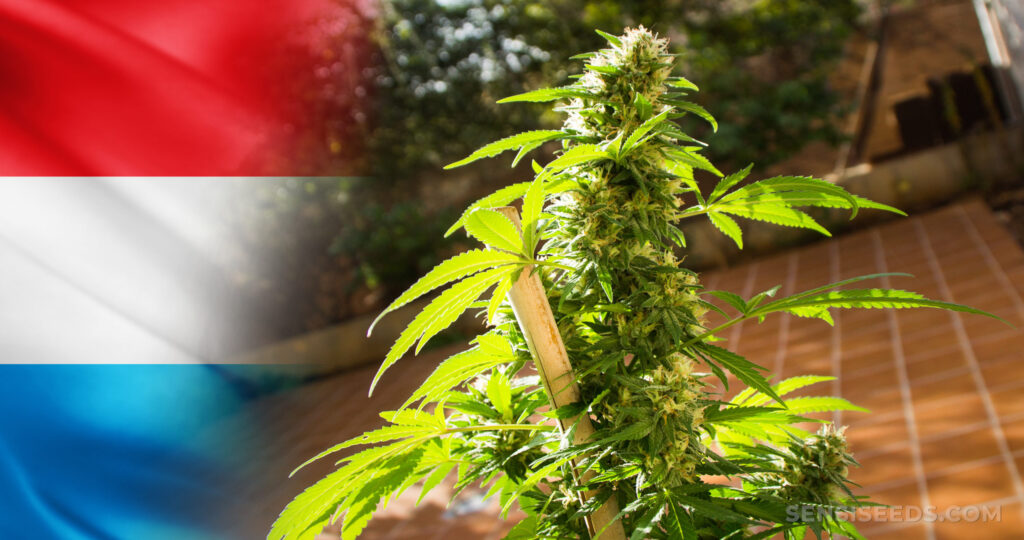
In July 2023, Luxembourg took a significant step by becoming one of the first European countries to legalize recreational cannabis use. This bold move, initiated by the coalition government led by Xavier Bettel, follows Malta’s example as the first EU country to legalize cannabis and aligns with Germany, which has recently approved recreational use as well. However, Luxembourg’s legislation imposes a very strict framework that consumers must adhere to.
A Controlled Legalization
Contrary to popular belief, the Netherlands, famous for its coffeeshops, has not legalized cannabis but tolerates its sale and consumption under specific regulations. In Spain, production for personal consumption is allowed in private spaces, but public commerce and consumption are prohibited. Portugal decriminalized all drugs in 2001, but commercial activities remain illegal.
In Luxembourg, the new law allows the cultivation of up to four cannabis plants at home and consumption in private spaces. However, several rules must be strictly followed to avoid penalties.
Cultivating and Consuming: The Rules to Follow
Luxembourgers can now grow cannabis, but only from seeds and the plants must not be visible from public spaces. Consumption is permitted at home, but sharing with anyone outside of one’s household is not allowed.
It’s important to note that cannabis cultivation and consumption remain prohibited for minors. Adults are not permitted to consume cannabis in the presence of minors. Public consumption is also banned and can result in hefty fines and even imprisonment in some cases.
Prohibitions and Penalties
While certain prohibitions are straightforward, like driving under the influence and consuming around minors, others may be less obvious. Transporting and acquiring cannabis are both illegal, with penalties varying based on the amount found. Possession of less than three grams can result in a fine of €145, whereas possession of larger amounts can lead to fines of €250 and up to six months in prison.
More severe penalties apply when minors are involved, with prison sentences of up to two years and fines reaching €25,000. Exceeding the allowed number of plants or cultivating outside of one’s home can result in up to five years in prison and fines of €250,000.
Additionally, given the country’s issues with alcohol-impaired driving, it’s crucial to highlight that driving under the influence of cannabis is also subject to severe penalties. According to the Road Code, any driver under the influence involved in an accident risks a fine of up to €10,000 and three years in prison.
Conclusion
Luxembourg’s approach to cannabis legalization is a cautious one, aimed at balancing personal freedom with public safety. While the new law represents a progressive step, it comes with stringent regulations and significant penalties for non-compliance. As the country navigates this new landscape, it remains to be seen how these changes will impact society. For now, residents are advised to thoroughly understand and adhere to the new rules to avoid legal trouble.
